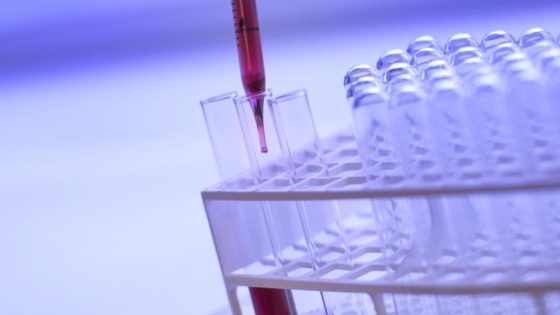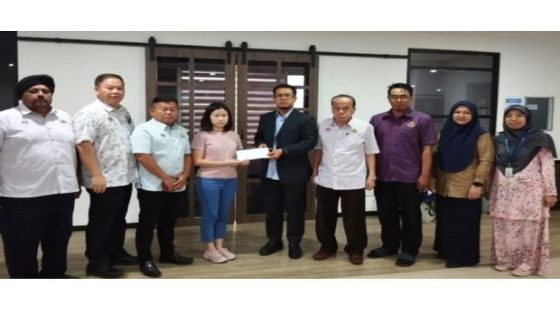Medical researchers have learned more about the way the brain’s cells respond to a stroke in a breakthrough for progressing new treatment options.
Stroke can cause irreversible damage to the brain, making it a leading cause of disability in Australia and the third most common cause of death.
The way cells react after stroke is not well-understood, meaning treatment options that encourage the regeneration of damaged nerve tissue are lacking.
But a new study from MedUni Vienna in Austria has helped close that knowledge gap, lighting the way for further research into targeted treatments.
Researchers used single-cell RNA sequencing — a method that helps distinguish between cells — in animals to identify different cell types and their reactions in the early phases following a stroke or cerebral infarction.
They zeroed in on two types of cells, astrocytes and oligodentrocytes, crucial to several processes in the brain.
While it is already known astrocytes rapidly divide post-stroke and surround the damaged area in the brain, researchers discovered that oligodentrocytes behave the same way.
They found “considerable overlaps in the gene activity patterns of both cell types”, particularly in the genes important for re-building the blood-brain barrier around the damage zone.
Remarkably, the scientists also found immune cells that gather around the wound release a signalling protein called osteopontin, previously found to have significant neuroprotective potential after a stroke.
It means osteopontin could effectively direct cells to the right areas to form a barrier around the damaged brain tissue, contributing to more efficient tissue regeneration and healing.
Published in journal Nature Communications, lead author Daniel Bormann said the results “contribute considerably to a better understanding of the regeneration processes of nerve tissue in the brain after a stroke”.
“The insights gained in our international and interdisciplinary study are a promising resource for developing novel targeted therapeutic strategies,” he said.
Source Agencies




